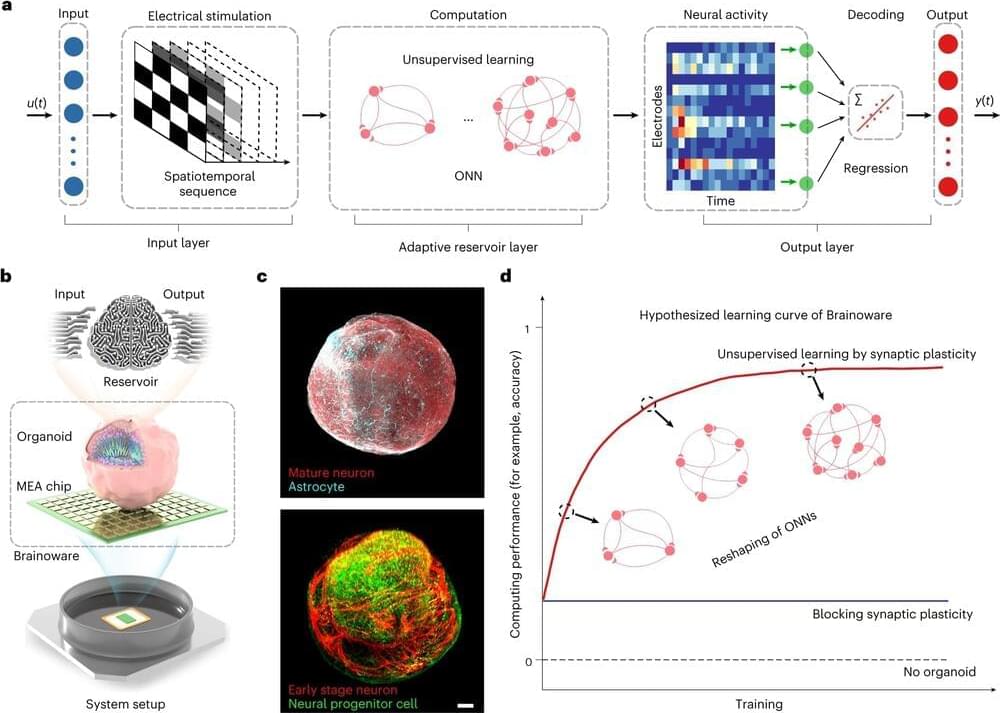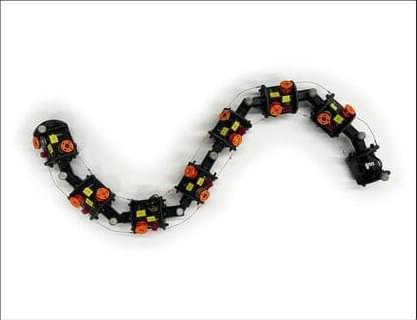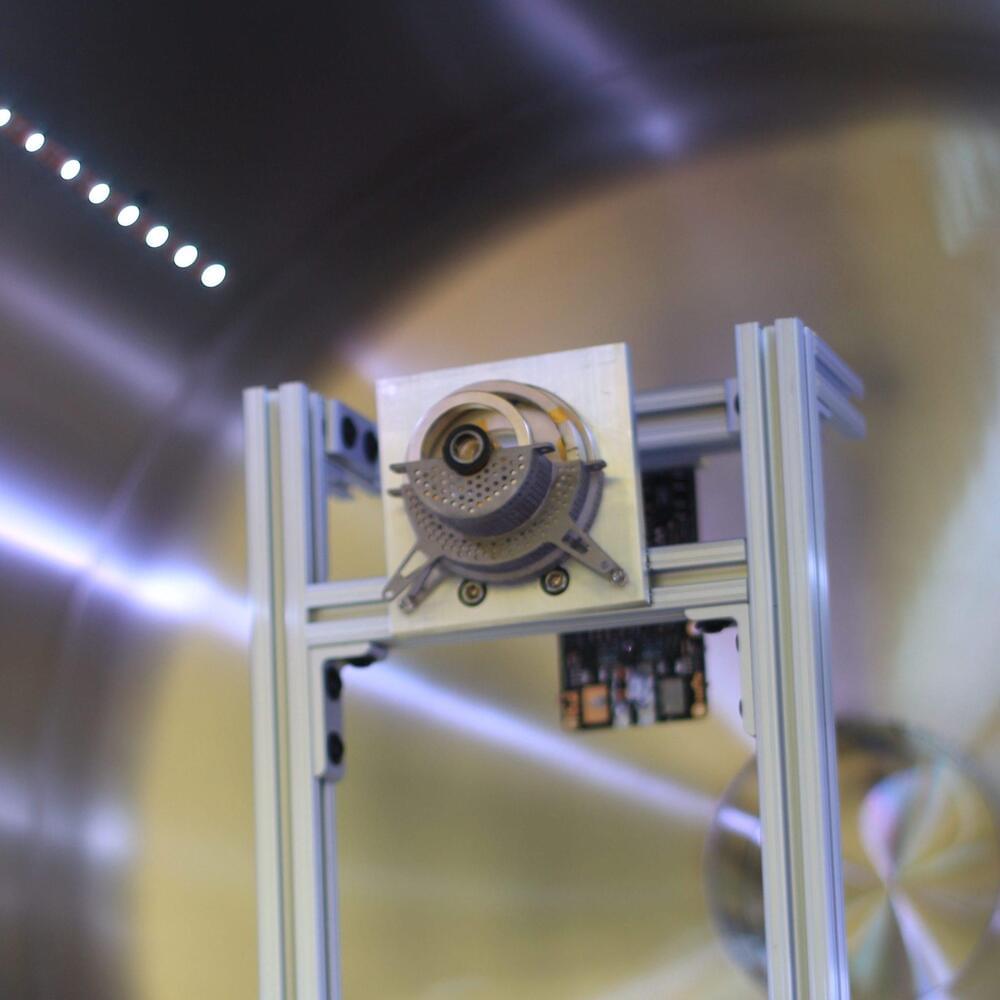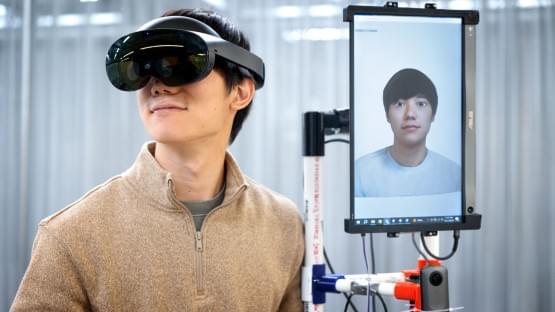The fusion of biological principles with technological innovation has resulted in significant advancements in artificial intelligence (AI) through the development of Brainoware. Developed by researchers at Indiana University, Bloomington, this innovative system leverages clusters of lab-raised brain cells to achieve elementary speech recognition and solve mathematical problems.
The crux of this technological leap lies in the cultivation of specialized stem cells that mature into neurons—the fundamental units of the brain. While a typical human brain comprises a staggering 86 billion neurons interconnected extensively, the team managed to engineer a minute organoid, merely a nanometer wide. This tiny but powerful structure was connected to a circuit board through an array of electrodes, allowing machine-learning algorithms to decode responses from the brain tissue.
Termed Brainoware, this amalgamation of biological neurons and computational circuits exhibited remarkable capabilities after a brief training period. It was discerned between eight subjects based on their diverse pronunciation of vowels with an accuracy rate of 78%. Impressively, Brainoware outperformed artificial networks in predicting the Henon map, a complex mathematical construct within chaotic dynamics.






